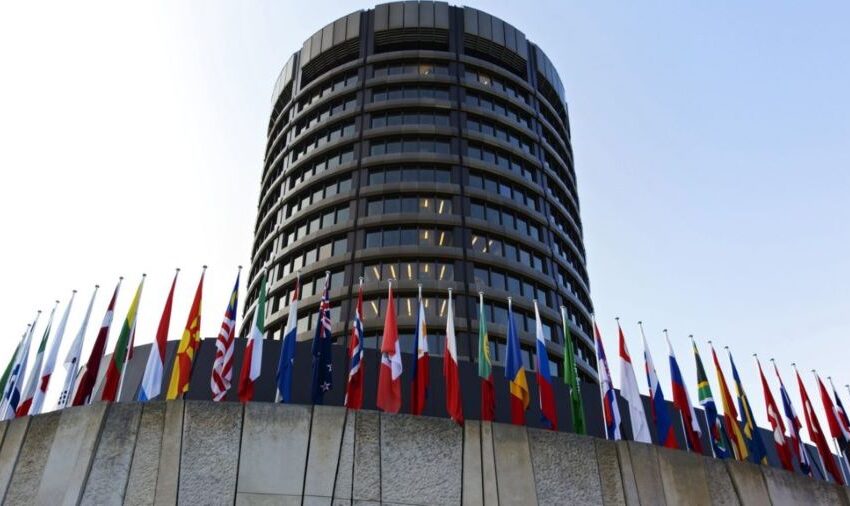
Basel Committee’s Plea to Implement Basel III Framework
The Basel Committee on Banking Supervision, the major global standard setter for the prudential regulation of banks and which provides a forum for cooperation on banking supervisory matters, has appealed for implementing all aspects of the Basel III framework in full, consistently and as soon as possible.
Such a commitment was also reiterated by the G20 Finance Ministers and Central Bank Governors recently, the Basel Committee, which met in Basel Switzerland on November 19 and 20 to take stock of recent market developments and risks to the global banking system, said.
Basel III is an internationally agreed set of measures developed by the Basel Committee on Banking Supervision in response to the financial crisis of 2007-09. These measures aim to strengthen the regulation, supervision and risk management of banks.
Like all Basel Committee standards, Basel III standards are minimum requirements which apply to internationally active banks. The Committee members have vowed to implementing and applying standards in their jurisdictions within the time frame established by the Basel Committee.
As part of its Regulatory Consistency Assessment Programme, the Basel Committee reviewed and approved the assessment reports on the implementation of the Net Stable Funding Ratio and large exposures framework by Korea. The reports will be published next month.
Non-bank Financial Intermediation
The Committee discussed banks’ interconnections with non-bank financial intermediation (NBFI), which continues to grow and evolve in ways that could present risks and vulnerabilities to the global banking system.
Banks are connected to NBFI through a wide range of direct and indirect activities and services. Data gaps hinder the effective measurement and management of risks to banks from their NBFI interconnections. Banks and supervisors must continue to be vigilant to these risks and to better gauge the range and materiality of interconnections.
The Committee reviewed the comments received to its consultation on guidelines for counterparty credit risk management. Building on the feedback received, it approved a final set of guidelines that seek to address weaknesses in banks’ counterparty credit risk management exposed in recent episodes of NBFI distress. The finalised guidelines will be published next month.
The Committee also discussed its work to develop a suite of practical tools to support supervisors in their day-to-day work as part of its efforts to strengthen supervisory effectiveness in light of the lessons learned from the banking turmoil in 2023.
This work covers the supervision of liquidity risk and interest rate risk in the banking book, the assessment of the sustainability of banks’ business models, and the importance of effective supervisory judgment.
Macro Prudential Policy
The Committee took stock of the range of practices adopted by jurisdictions that set a positive rate for the Basel III countercyclical capital buffer when risks are judged to be neither subdued nor elevated.
As previously noted, the Committee supports and sees benefits in the ability of authorities to set such a positive ‘cycle-neutral’ rate. To that end, it agreed to publish a report on existing practices to support jurisdictions that wish to apply positive cycle-neutral rates.
Members also discussed the comments received to the Committee’s consultation on measures to address ‘window-dressing’ behaviour by some banks in the context of the framework for global systemically important banks. Work on addressing such behaviour will continue in 2025.
The Committee also continued to review its proposed Pillar 3 disclosure framework for climate-related financial risks. It anticipates the finalisation of this work in the first half of 2025.















